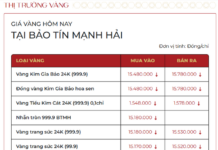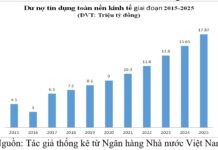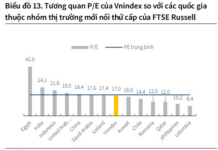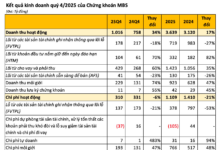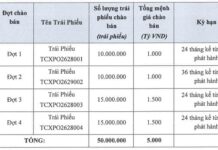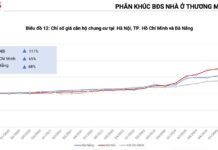Resource Conservation
According to the draft Decree on the establishment and operation of the National Housing Fund and measures to implement Resolution No. 201/2025/QH15 of the National Assembly on pilot special mechanisms and policies for social housing development, the establishment, legal status, and operation of the National Housing Fund follow the model of a public service unit. This includes the Central Housing Fund and Local Housing Funds. The fund’s objectives and functions are to invest in constructing and establishing housing for rent as per regulations.
The Central Housing Fund’s operational capital is sourced from the state budget, voluntary contributions, donations from domestic and international organizations and individuals, and other legally mobilized resources.
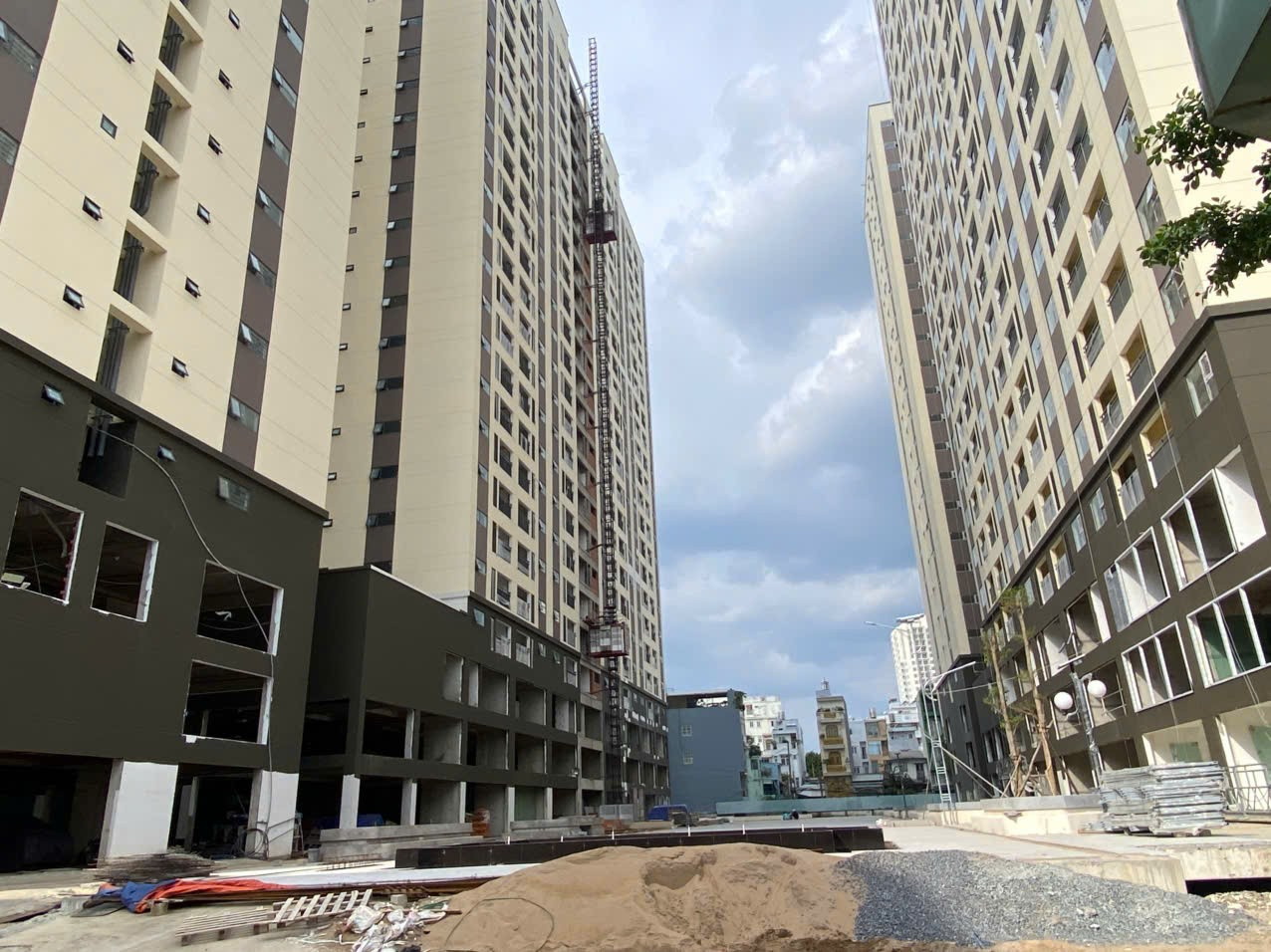
The Central Housing Fund is formed from the state budget, voluntary contributions, and donations from organizations.
The draft decree grants localities full authority to establish, determine contribution ratios, and set initial and supplementary capital for local housing funds. The fund directly manages and operates housing or hires management units.
Ms. Tống Thị Hạnh, Director of the Department of Housing and Real Estate Market Management under the Ministry of Construction, stated that the housing fund will address the long-standing issue of land for construction. The Ministry of Construction has been actively working on two tasks: drafting the Decree on the National Housing Fund and establishing the Real Estate Transaction Center.
According to Ms. Hạnh, we are vigorously implementing the 1 million social housing units project, offering diverse options such as sale, rent, and rent-to-own. Specifically, the National Housing Fund is expected to focus solely on rental housing. The goal is to develop social housing while conserving land resources and targeting those with genuine housing needs.
“If we concentrate on rental social housing, it means the housing units will be used in rotation. After a period, tenants can rent them out once they can afford commercial housing. This promotes sustainable social welfare,” Ms. Hạnh explained.
The Ministry of Construction is attracting investment from businesses and social organizations to share the burden with the government. In the long term, establishing a stable housing fund will eliminate the constant worry about land for social housing construction.
Speaking at a meeting to review the draft Decree on the establishment and operation of the National Housing Fund, Deputy Prime Minister Trần Hồng Hà noted that workers still face significant challenges in accessing housing. Even completing the project to build at least 1 million social housing units for low-income earners and industrial park workers by 2030 will only meet a small portion of the demand. Therefore, implementing rental housing policies is practical and aligns with current realities.
The Deputy Prime Minister emphasized that the National Housing Fund is not just about creating housing through purchasing social or commercial housing but also involves investing in social housing construction and technical and social infrastructure. Thus, the fund’s operational mechanism must be thoroughly and systematically studied to avoid formalities.
Regarding management models, the Deputy Prime Minister suggested avoiding the creation of new machinery. Instead, existing institutions like housing development investment funds in Hanoi and Ho Chi Minh City could be utilized, and organizations such as the Vietnam General Confederation of Labor or reputable businesses could be encouraged to participate in building rental housing.

Establishing the National Housing Fund will bring great joy to the majority of the population, addressing social welfare issues…
“The housing fund must be part of urban planning, with synchronized infrastructure, affordable rents, and long-term public asset status. Construction and management can be assigned to large state-owned enterprises or the Vietnam General Confederation of Labor for worker housing projects and dormitories, following the principle of ‘assigning responsibility and ensuring occupancy upon completion,’” the Deputy Prime Minister stated.
Market Transformation
In an interview with Tiền Phong, Mr. Nguyễn Viết Hùng, Chairman of the Board of Directors of Liên minh Khu Tây Joint Stock Company, noted that amidst rising housing prices, the National Housing Fund is a groundbreaking idea that could shift the current imbalanced real estate market. Establishing the fund aims not only to support social housing development but also to promote affordable commercial housing through suitable mechanisms for each type.
“Establishing the National Housing Fund will bring immense joy to most citizens, addressing social welfare issues… The fund will significantly impact the real estate market and help low- and middle-income earners own their homes,” Mr. Hùng said.
According to the Chairman of Liên minh Khu Tây Joint Stock Company, the National Housing Fund will increase the supply of affordable and social housing, reduce speculation, stabilize the real estate and financial markets, and create long-term, stable financing for social housing across generations. It will also establish favorable financial mechanisms for homebuyers.
Meanwhile, Mr. Đinh Minh Tuấn, Sales Director at PropertyGuru Vietnam, affirmed that the proposal to establish the National Housing Fund is excellent news for everyone.
Building 1 million social housing units by 2030 is an ambitious goal. However, continuing the old approach, which relies on encouraging businesses and banks to contribute, will make the process time-consuming. Achieving the 1 million social housing units target will be challenging.
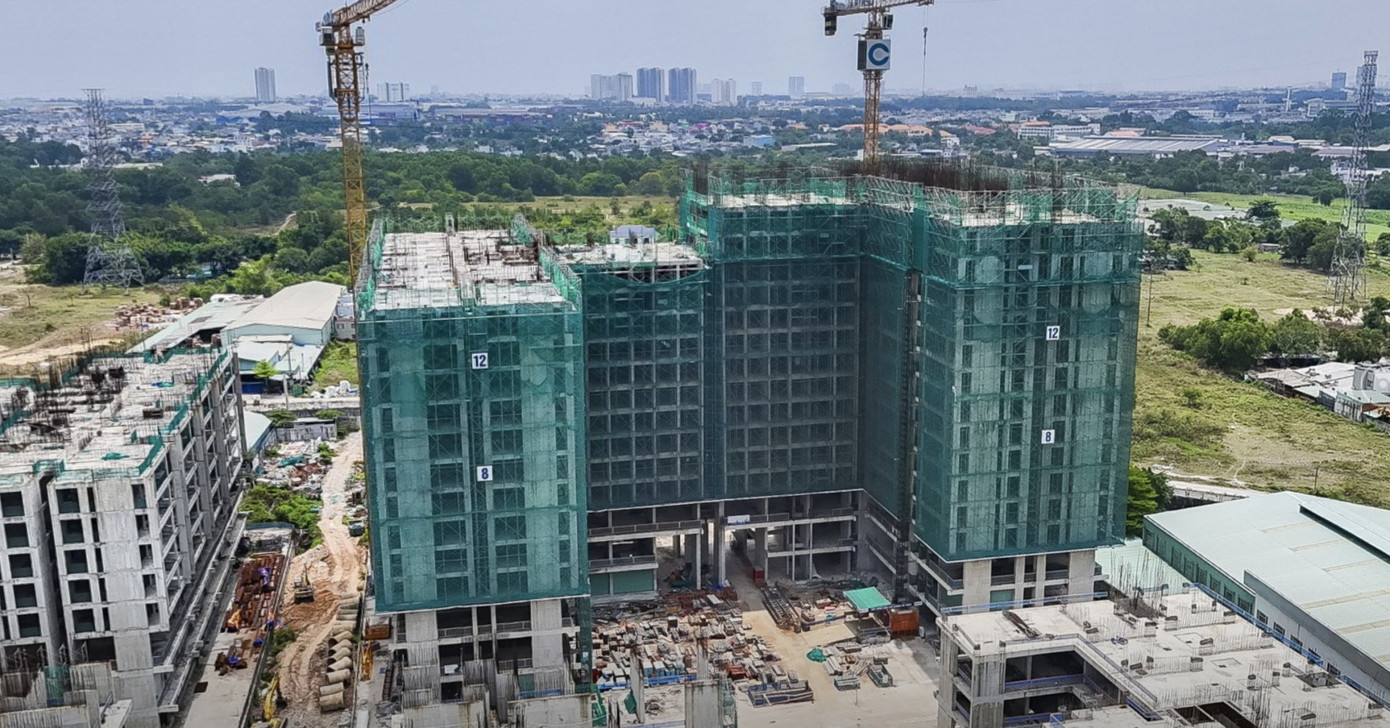
The National Housing Fund will provide developers with capital to accelerate social housing projects at suitable prices.
“If we have a fund demonstrating the government’s proactive role in providing capital for social housing purchases and supporting developers, it will be a dual measure to boost the social housing market,” Mr. Tuấn said.
According to Mr. Tuấn, the fund’s first impact will be providing developers with capital to accelerate social housing projects at more affordable prices. The second impact will be supporting homebuyers. Currently, borrowers spend a significant portion of their income on loan repayments. However, with the National Housing Fund’s longer-term loans and lower payments, homeownership could become more accessible.
For real estate businesses, access to capital and improved legal processes will encourage more participation in the social housing market, increasing the supply of affordable housing.
“Land Brokers” Quietly Exit After Flooding Rural Areas, Fueling Daily Land Price Surges
With the announcement of the West Ha Tinh Industrial Zone, the real estate market in Toan Luu village (Ha Tinh) has been set ablaze. Hordes of property agents flocked to the area, driving up interest and causing a frenzy, only to disappear as quickly as they came, leaving behind a sizzling market in their wake.
Deputy Prime Minister: Implementing Practical Housing Rental Policies
According to Deputy Prime Minister Tran Hong Ha, access to housing for workers remains a significant challenge. Therefore, implementing a rental housing policy is both practical and aligned with current realities.







